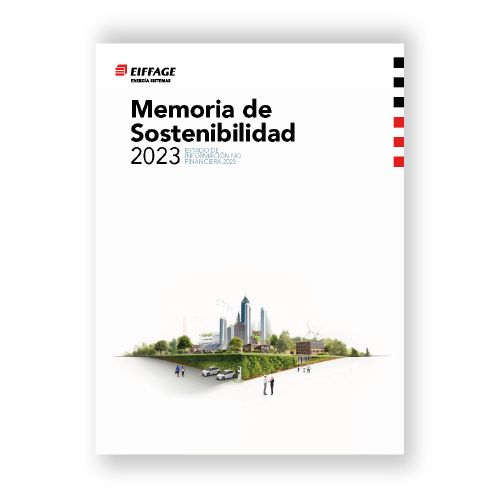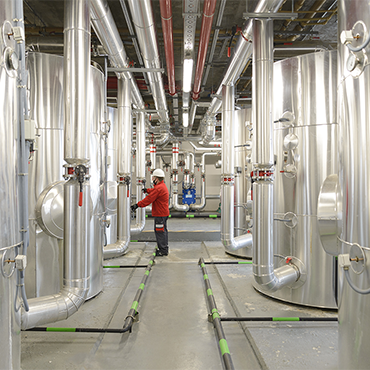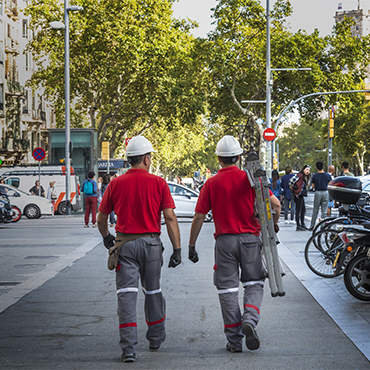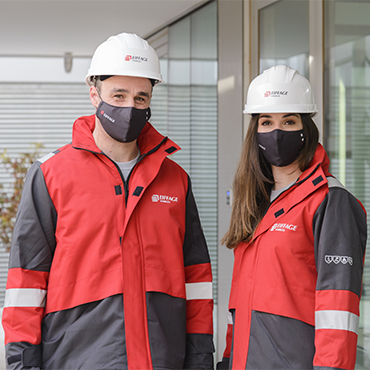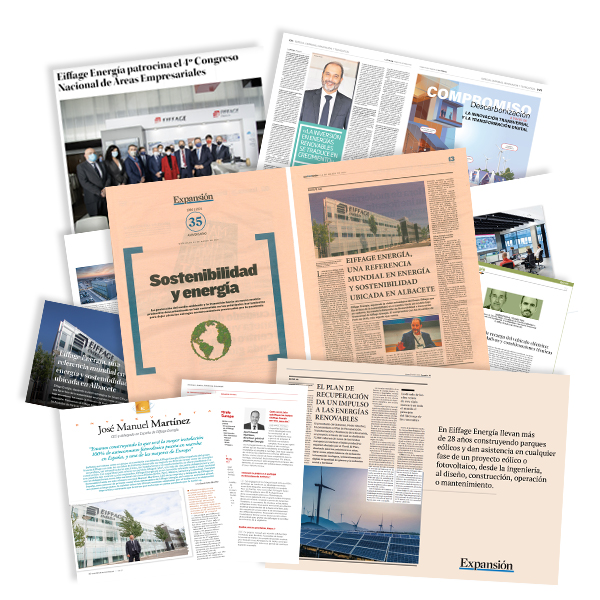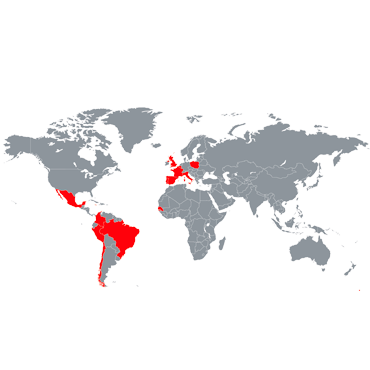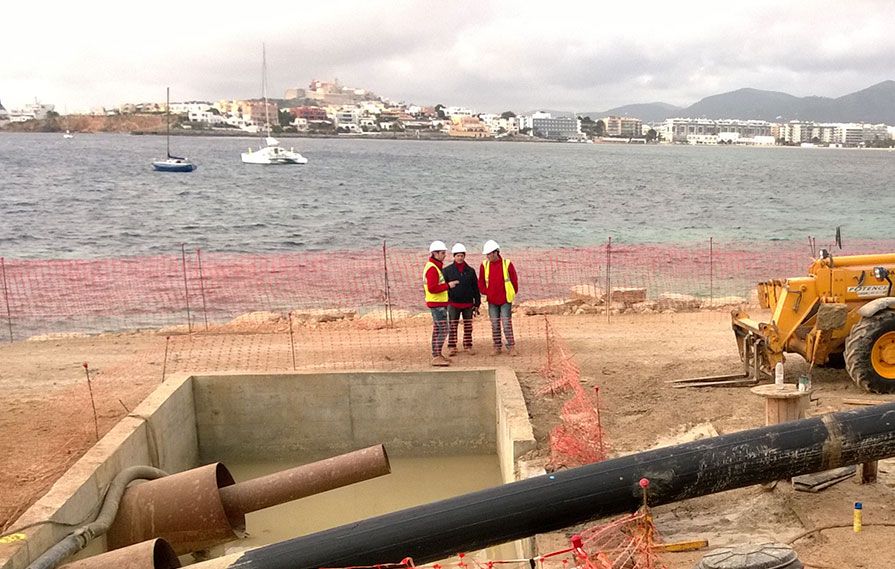According to an article recently published in El Economista, we live in an age which we call hyperconnected. The economy, information, technology and even trade are connected globally. However, and despite being the primary engine of our planet, energy still remains isolated in many countries of the world: the way in which we generate, distribute, store and consume energy has hardly evolved at all in recent years.
In fact, and according to data provided by the same economic newspaper, Spain is considered an energy island in Europe, where our dependence far exceeds the European average: 70.5 % compared to 52.3 %. Figures which, coupled with an expected increase in energy demand as a result of the population increase in the next years, places us in a critical position.
At Eiffage Energía we collaborate in projects aimed at putting an end to this situation. Thus, in 2014 we participated in the project of Electrical Interconnection between Spain and France, declared a project of European interest, which has made it possible to double the capacity of the exchange of electricity between the two countries through a length of 65 kilometres of underground technology that links the towns of Santa Llogaia, in Girona and Baixàs, in France.
Another example of our experience in this area is the High Voltage 115 kilometre undersea link, which Red Eléctrica España (Spanish Electrical Network) developed between Mallorca and Ibiza.
At Eiffage Energía we took part working on three directional drillings of 700 metres depth in the sea from the bay of Talamanca in Ibiza; 10,000 metres of single, double and triple circuit trenches, 24 junction chambers, horizontal directional drilling on road, as well as the laying of more than 28,000 metres of conductor between the Palma de Mallorca side and the Ibiza side.
This project is within the framework of a series of investments which Red Eléctrica Española made for the interconnection between these two islands and the Iberian Peninsular to implement and assure the reliability of the electrical supply to the archipelago, with the aim of guaranteeing the reduction, saving and efficiency as far as emissions are concerned.
These two projects constituted a challenge for Eiffage Energía, which, with its participation in these proceedings, contributed to the creation of the European electricity market.
Source: El Economista

